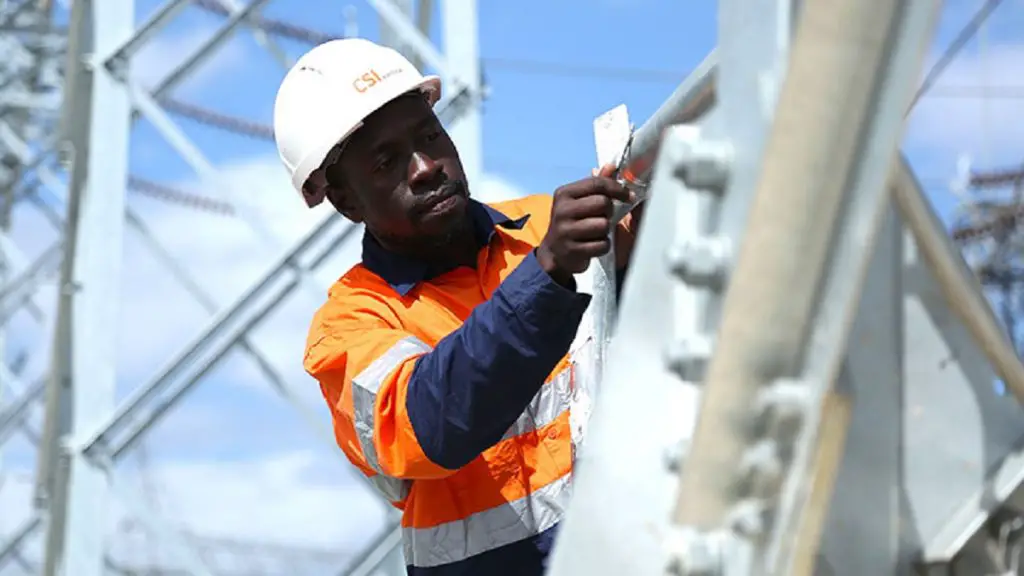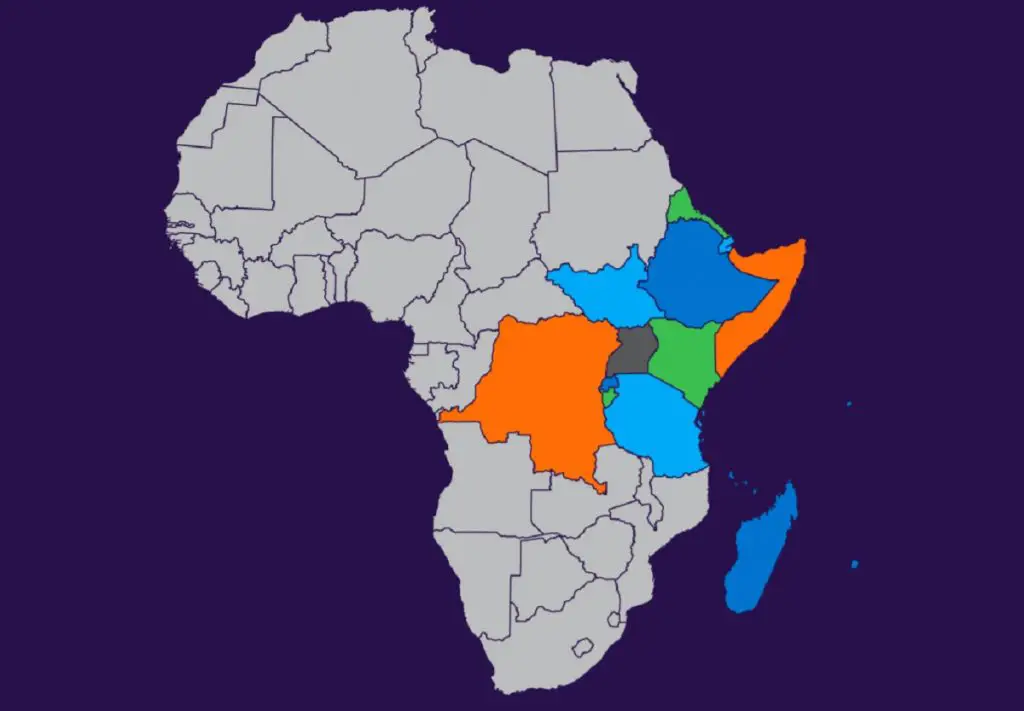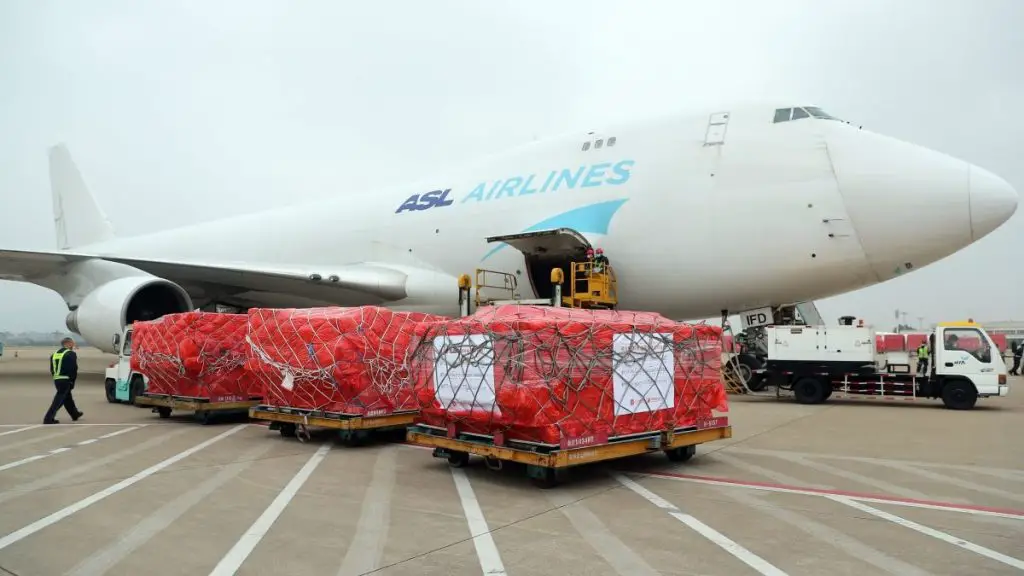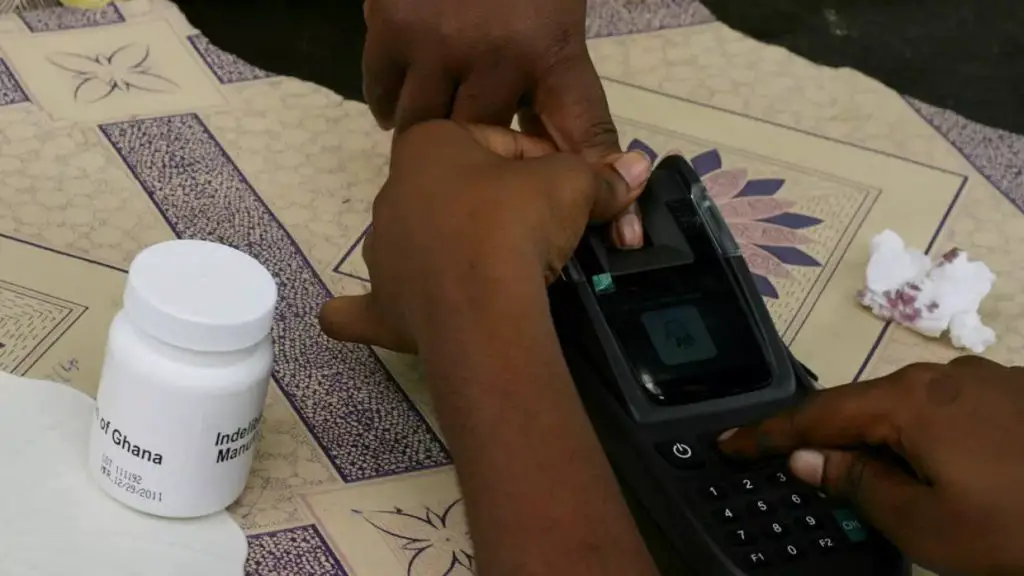- Kenya-Ethiopia Trade Relations: Legislators Advocate for Policy Alignment to Boost Ties
- Visualising the state of debt in Africa 2024
- Abu Dhabi radiates optimism as over 300 startups join AIM Congress 2024
- TLcom Capital Raises $154 million in Funding to Boost Its African Growth
- Africa’s $824Bn debt, resource-backed opaque loans slowing growth — AfDB
- LB Investment brings $1.2 trillion portfolio display to AIM Congress spotlight
- AmCham Summit kicks off, setting course for robust future of US-East Africa trade ties
- Why the UN is raising the red flag on the UK-Rwanda asylum treaty
Month: April 2020
Tanzania’s prime location on the African continent has given it the advantage of connects six land-locked countries to the Indian Ocean.
In addition, the country has abundant and world-class wind and solar resources making a suitable power producer who can export this power to the neighbouring countries.
The country is also the sixth-most populous country in sub-Saharan Africa with vast amounts of natural gas reserves which present enormous opportunities for investment in the sector.
Generating Electricity in Tanzania! How Many Billions Can Solar Light-up?
According to Power Africa, Tanzania’s government has committed to reform the operations of the national utility TANESCO to meet new demand through low-cost solutions.
High reliance on expensive thermal and emergency generation sources have helped make the sector financially unviable. Tanzania has made progress in grid expansion, increasing generation capacity with natural gas, facilitating an enabling environment for solar home systems, and publishing of new standard …
Many companies are thus rushing to claim a share of this market as the global banking industry earnings shrink.…
Once upon a time in Kenya, tea and coffee were the big players, the rulers of the country’s agribusiness the top foreign exchange earners.
However with time passing the crops contribution to annual earnings kept falling, because the farmers were simply not getting paid in time. The peasants’ payment was little and delayed.
As a result, production and quality of the coffee and tea out remained poor and could not earn the country its potential income from the sector.
Now the government has set aside USD15 million to revitalize the sector. The funding is from the World Bank which is meant to compliment another USD30 million that Kenya set aside back in January.
What is to be learnt here is not just the will to revitalize the coffee and tea sectors but also the willingness to admit what the problem was in the first place, slow and low payment of …
East Africa’s economy is tremendously dynamic and until now, it has been one of the fastest-growing sub-regions in Africa since 2013.
As of 2019, before the covid-19 coronavirus pandemic, the region was expanding at more than double the continental average.
Boasting of having three of the world’s ten fastest-growing economies in 2019, the East African countries of Ethiopia, Rwanda and Tanzania, it is now time for the region to put in place measures that will assure the growth of the region post the coronavirus pandemic.
Is Kenya abandoning trading blocs’ agreements for the US?
Despite the low per capita incomes that have prevailed for decades, the region has experienced some notable social gains including East Africans living 6.7 years longer now on average than they did a decade ago.
But even with these positive trends, the region still suffers from a number of serious vulnerabilities to its ability to sustain …
The falling price of crude oil spells good favour for importers in Africa. The price of crude has been on a steady drop despite attempts by producers to cut output. As a result, many African countries are taking advantage of the situation and stock piling their reserves.
Take for instance the case of East Africa, crude oil represents more than 20 percent of Tanzania’s annual imports. So a drop in price of crude means the country can afford to buy more and reserve for future use. However no official report has been issued as to the government policy on the matter.
The issue that arises here is the matter of crude versus refined oil. Africa, Tanzania included, imports refined oil which is more costly than crude but with falling prices of crude then follows that even the price of refined oil has taken a dive
As such, the country is …
The coronavirus (COVDI-19) pandemic has taken a new shift in Tanzania, as new 196 cases confirmed by the Tanzanian Prime Minister Kassim Majaliwa earlier today, the information he revealed pertaining the confirmed cases, include also figures announced by the health ministry of the semi-autonomous region of Tanzania, Zanzibar.
READ:COVID-19 in Tanzania: Cases rise to 254; death toll hits 10
Further, the number of the deceased rose to 16 as six more people succumbed to the deadly and Zanzibar has confirmed 22 cases, according to the Prime Minister.
On April 24 the health minister Ummy Mwalimu announced the number of patients recovered from virus stood at 37, and through the past 6 days, the number of recovered patients rose to 167, whereas 36 are from Zanzibar and 83 are from mainland Tanzania.
The number of the confirmed cases have risen by nearly 69 per cent since the last time the …
Countries neighbouring Tanzania including Uganda, Rwanda and Zambia have barred truck drivers from the country to cross their borders. The development comes as cases of the COVID-19 in Tanzania now reach 480 with 196 new cases reported both on the mainland and on the island of Zanzibar.
Of these, 174 are from Tanzania Mainland and the other 22 are from spice isles of Zanzibar. The grim news gets only worse with the announcement of six more deaths bringing the total number of deaths to 16.
Not all is doom and gloom, there are reports of 167 people recovering from the virus and of these, 36 are from Zanzibar and 83 are from the Mainland.
Meanwhile, truck drivers are protesting the strict border measures placed on transit vehicles. For example, at the Mutukula border with Uganda, it is reported that several drivers have tested positive for the coronavirus and been denied …
Rwanda is poised to launch what it refers to as the ‘COVID-19 recovery fund’ that will serve to finance economic recovery efforts post the virus pandemic.
Among the sectors slated to benefit from the recovery fund is the country’s tourism sector. It only makes sense since, the tourism sector is one of the most affected sectors along with the catering and hospitality sectors as well.
In so doing Rwanda, which actually called for an emergency East Africa Community (EAC) Heads of State meeting to deliberate regional response to the coronavirus pandemic, has again set precedent been the first country in the region to set aside recovery funds for the coronavirus aftermath.
The affected businesses across various economic sectors will be afforded access to low interest and even interest free loans. The loans are expected to help the business get back on their feet serving as operating capital.
Of these, it …
Chinese billionaires are head over heels with Africa and with donations that keep streaming in, it is just a tip of the iceberg in making China look good.
With the advent of the covid-19 coronavirus, the Chinese have been sending aid to the continent and also to countries like the US and some in Europe. Well, China has a global reputation and the pandemic has become its platform to show its kind side.
The donations started with Jack Ma, China’s richest who interestingly also opened his own Twitter account last month at the height of the covid-19 pandemic.
Ma is using his Twitter account to give prominence to his medical supplies campaign which is delivering much-needed equipment and testing kits to almost every country in the world.
Coronavirus: African leaders stuck with neglected, outdated healthcare systems
The billionaire is sending ventilators and face masks to many countries globally in the …
Africa lags behind when it comes to data and privacy protection exposing the continent’s population to threats which could become expensive to them.
A report by the United Nations Conference on Trade and Development (UNCTAD) shows that 107 countries have put in place legislation to secure the protection of data and privacy. 66 of these countries are developing or transition economies.
In this area, Asia and Africa show a similar level of adoption, with less than 40 per cent of countries having a law in place.
Despite the prospective growth in mobile money transfers and e-transactions, Africa is still far behind in legislation to govern the sector. In addition, cybercrime regulations are few in Africa with 39 countries having some legislation and representing 72 per cent of the continent, 2 countries have draft legislation while 12 countries have no legislation and one has no data.












